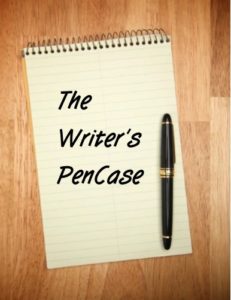 Getting published traditionally is difficult. Small publishers are more likely to accept a manuscript from a previously unpublished author, yet they are the ones who require “publish-ready” submissions. [bctt tweet=”Self-editing is a challenge to improve our own writing. ” username=”@a3forme @donnalhsmith”]#amwriting #selfediting
Getting published traditionally is difficult. Small publishers are more likely to accept a manuscript from a previously unpublished author, yet they are the ones who require “publish-ready” submissions. [bctt tweet=”Self-editing is a challenge to improve our own writing. ” username=”@a3forme @donnalhsmith”]#amwriting #selfediting
Double Attributes
An “attribute” in dialogue is a tag. We say that a character said this and did that.
Example:
“It’s chilly, but let’s take a walk,” Sally said, and put on her sweater.
This is a double attribute. Sally “said” is one attribute. Sally “put on her sweater” is another attribute. You could write it one way or the other, but both are not needed. Most fiction today uses the latter attribute as a dialogue tag, in order to create “beats” which help break up long speeches in dialogue to help the reader process what they’re reading while they’re reading.
FIX: “It’s chilly, but let’s take a walk.” Sally put on her sweater.
Double modifiers such as two adjectives together or an adjective and an adverb, weaken, instead of strengthen the sentence. They convey the matter more than once. In order to have a clean, tight manuscript, choose the most powerful descriptive word.
Example:
The dog was so filthy and dirty that Brad couldn’t see where the grime stopped and fur began.
Filthy and dirty both mean the same thing. What you’d do is pick the most powerful word of the two. In my book that would be filthy.
FIX:
The dog was so grimy Brad couldn’t tell where the fur began.
I also eliminated needless words. Something we always need to do when self-editing.
[bctt tweet=”Self–editing helps our manuscripts become as tight as we can make them. It helps us curtail our own sloppy writing.” username=”@a3forme @donnalhsmith”] #amwriting #selfediting
What about you? Have you found these in your writing? I’m sure I have. Leave a comment and let me know.

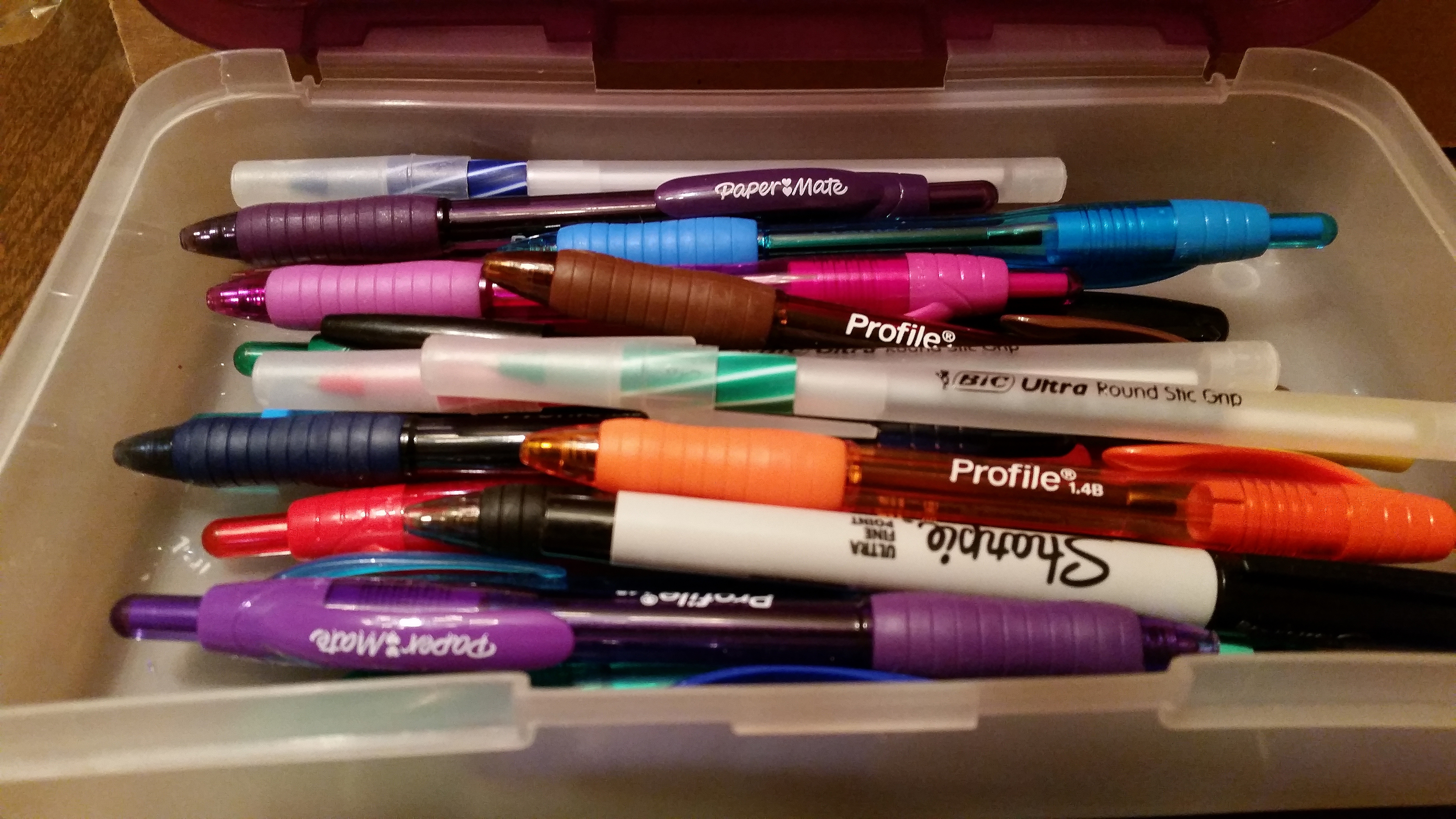
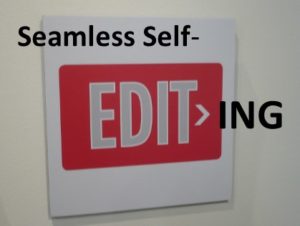
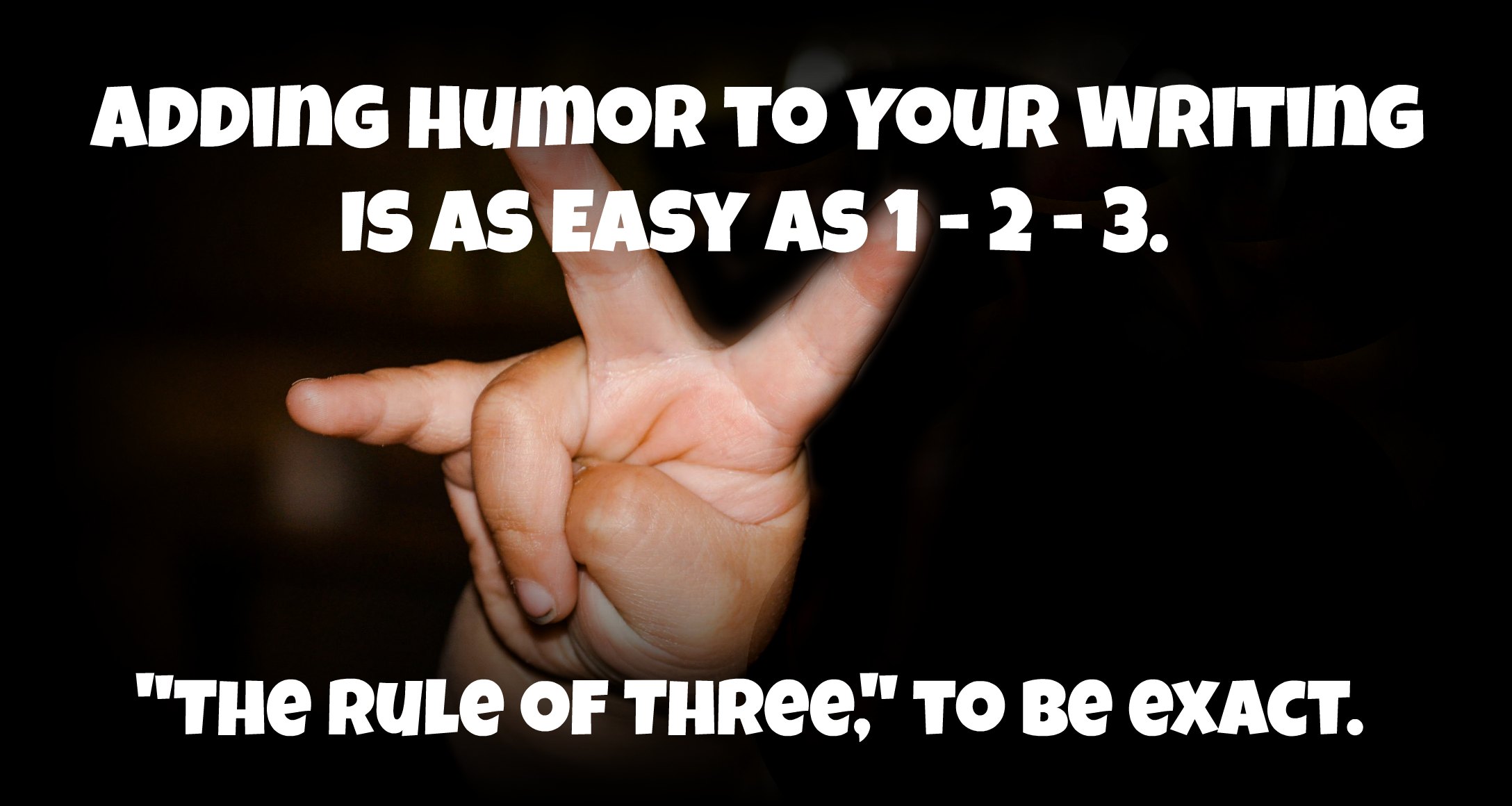

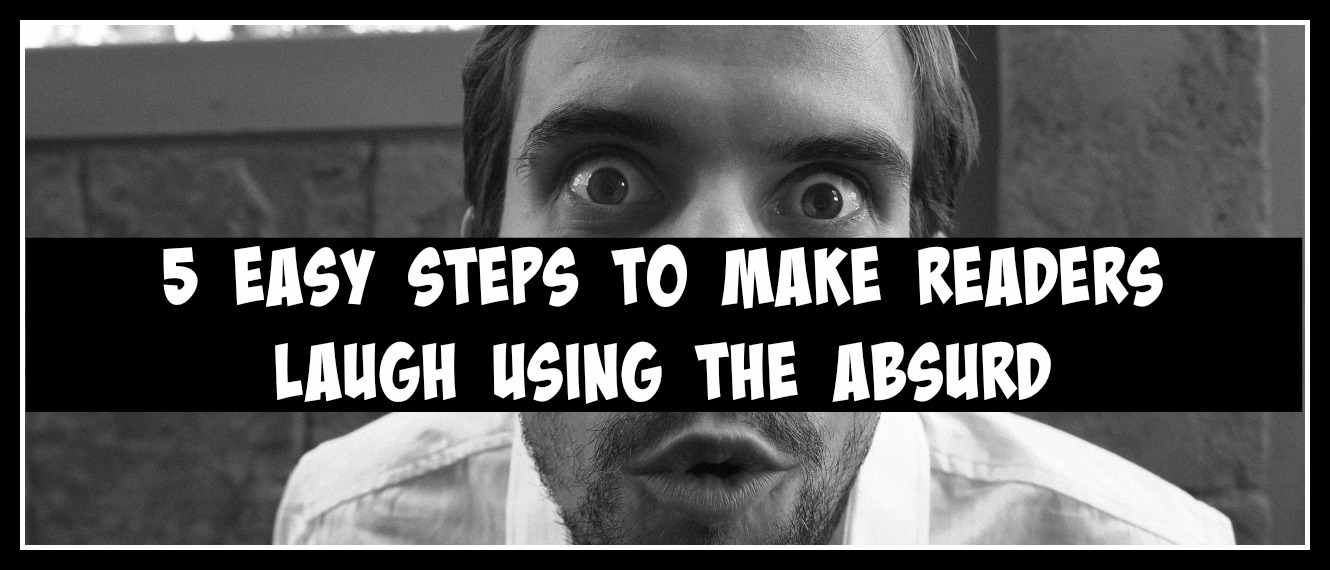


No Comments